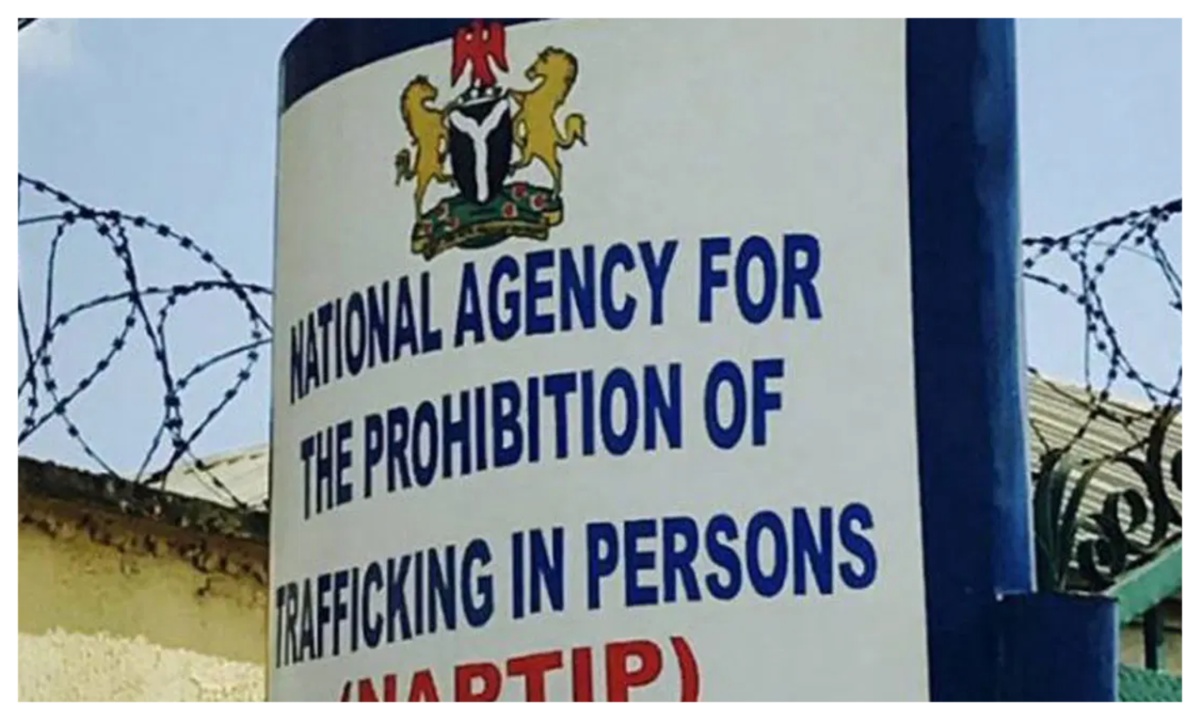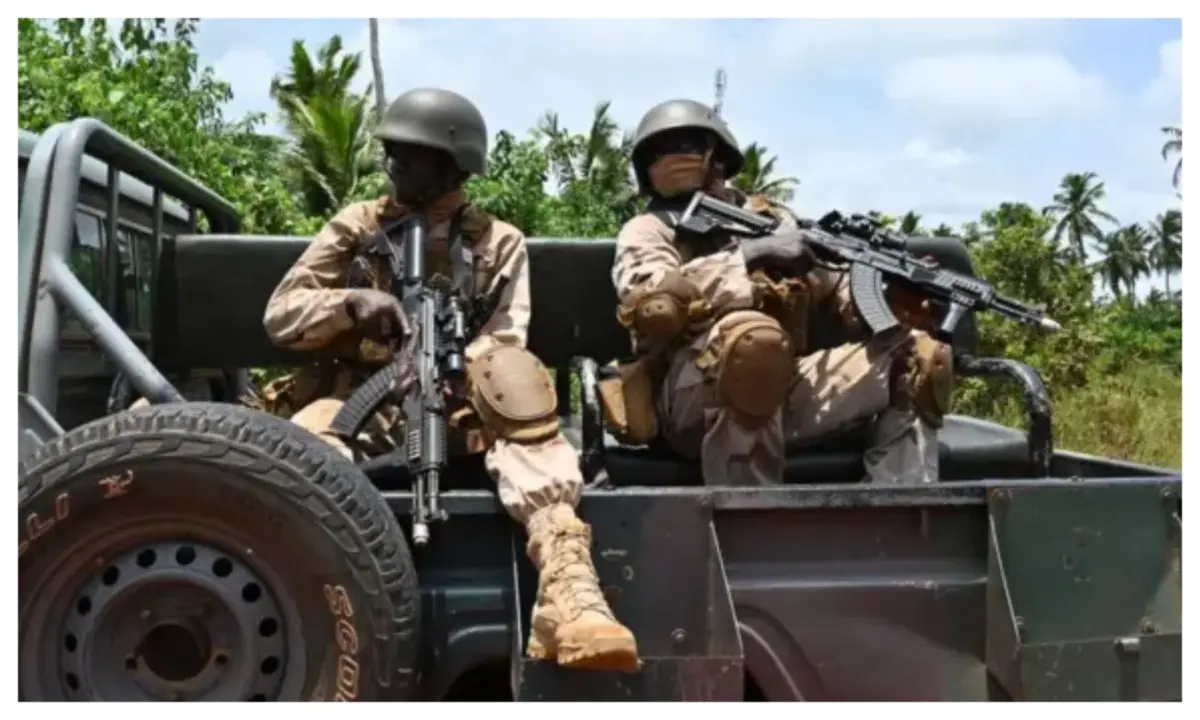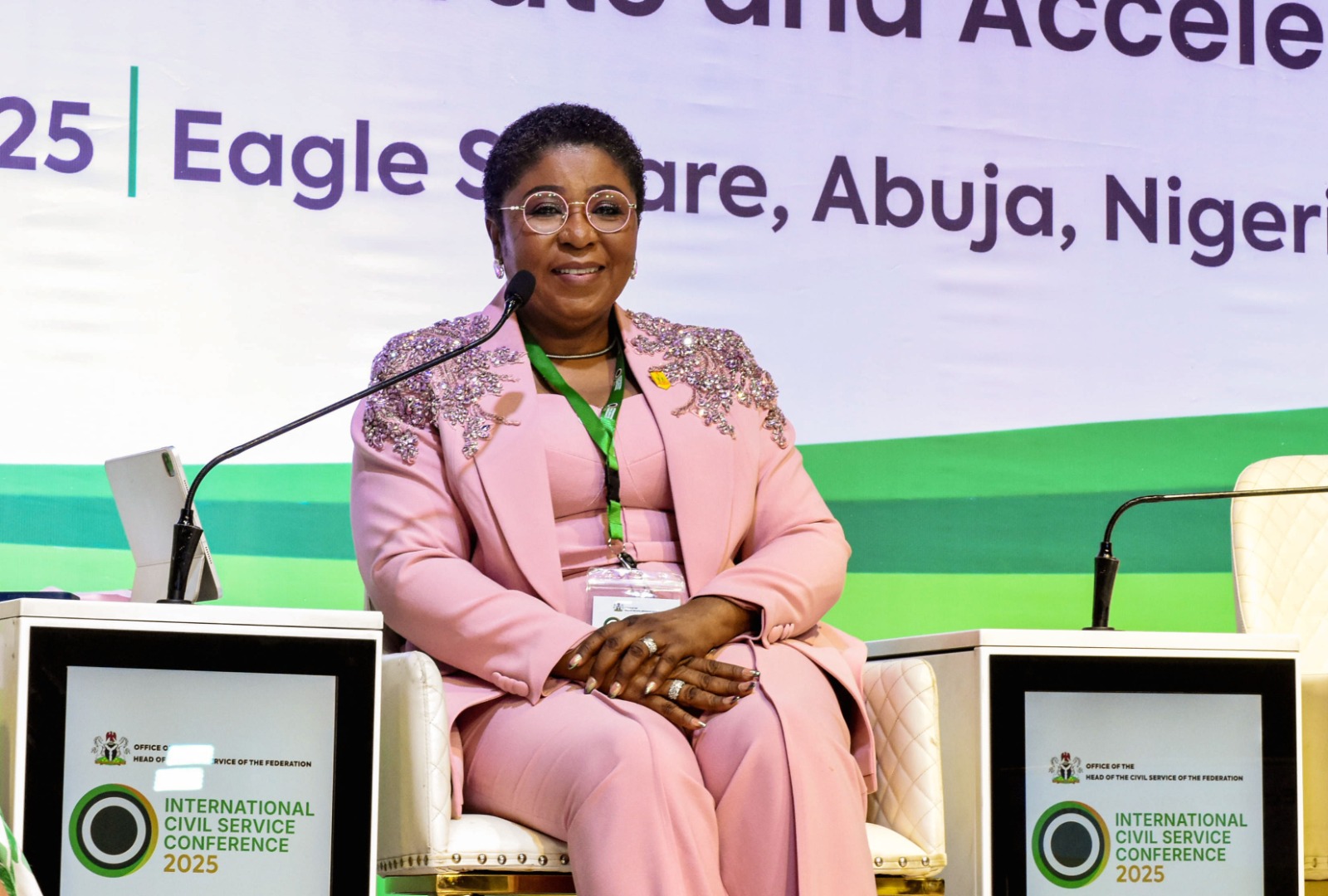A recent operation coordinated by the National Agency for the Prohibition of Trafficking in Persons (NAPTIP) has resulted in the rescue of eight children suspected of being victims of child trafficking. The children, who had reportedly gone missing from Kano and other states in northern Nigeria, were found in the South–South and South–East regions, targeted and moved by what officials describe as an interstate trafficking syndicate.
The Discovery: Children Found in Orphanage Facility
According to NAPTIP, the rescued group comprises children as young as two and as old as ten. Their recovery took place in a private orphanage said to be managed by a high-ranking member of the Association of Orphanage Operators in Nigeria. During the raid, more than 70 minors were discovered inside the facility overall, among them 15 newborn babies. While the operation identified eight children as those previously declared missing in Kano, the fate and origin of the remaining children remain under investigation.
Multi-Agency Collaboration Leads to Breakthrough
This rescue effort was made possible through collaboration between NAPTIP and multiple agencies. The Department of State Services (DSS) in Anambra, the Nigeria Police Delta Command, representatives from the Kano State Ministry of Women Affairs, various civil society organizations, and the victims’ parents played active roles in the response and investigation. Their combined efforts underlined the seriousness with which authorities are now addressing the complex networks driving child trafficking across state lines in Nigeria.
Concerns About Orphanage Oversight
Dr. Binta Bello, Director-General of NAPTIP, expressed deep concern over what she termed “unwholesome activities” within some orphanages across Nigeria. Bello emphasized the urgent need for stricter monitoring and accountability mechanisms, noting that, “Such environments should serve as safe havens—not places where children are further endangered or exploited.”
Tracing the History of Missing Children Cases in Northern Nigeria
The rescue is the result of years of appeals and distress among parents in Kano and surrounding states. Reports of children disappearing from their homes, schools, markets, and open spaces date back to at least 2017, according to advocacy groups and local authorities. Syndicates often use deception or coercion to lure children away, leaving families desperate for answers.
In December 2022, these concerns were formally submitted by Protection Against the Abduction and Missing of Our Children (PATAMOOC), a Kano-based non-governmental organization. The group petitioned NAPTIP on behalf of over 200 affected parents, bringing renewed attention to the crisis.
The Human Impact: Stories From Parents and Communities
Behind the statistics are painful stories of loss and trauma. As one affected parent shared in a letter read by Dr. Bello, “We, the parents, are in serious pain. Some of us are already hospitalised, while others have passed away due to the shock of losing our children and the continuous uncertainty of waiting daily for news — whether they will be found dead or alive.” The psychological toll—not just on parents but on siblings, relatives, and entire communities—cannot be underestimated.
Wider Context: Child Trafficking in Nigeria and West Africa
Child trafficking remains a persistent challenge across Nigeria and the wider West African region. The United Nations Office on Drugs and Crime (UNODC) has identified Nigeria as both a source and destination for children subjected to trafficking, with economic hardships, insecurity, and gaps in social protections fueling the problem. According to recent data, thousands of Nigerian children are at risk annually, and only a fraction are ever recovered or reunited with their families.
The rescued children’s ordeal underlines bigger questions about orphanage practices, inter-state cooperation, and law enforcement capacity. Many activists have called for a comprehensive review of orphanage licensing and oversight in Nigeria, along with stronger penalties for those complicit in trafficking.
Parents Demand Justice, Support, and Systemic Change
In Kano and across other northern states, campaigners and parents continue to demand answers and systemic reforms. There are growing calls for:
- Rapid reunification processes for missing and rescued children;
- Independent investigations into orphanage licensing and operations;
- Wider education campaigns to help parents and children resist trafficking approaches;
- Improved security in public areas such as schools and markets;
- Increased funding and support for trauma counseling and family support services.
Official Reactions and Next Steps
Authorities have pledged to continue investigations, with NAPTIP urging the public to remain vigilant and to report suspected trafficking activities. “No parent or child should go through this trauma,” said a statement from NAPTIP headquarters, promising to work hand-in-hand with state governments, civil society, and international partners to address the root causes.
The fate of the many other children discovered in the orphanage during the operation is still being clarified, and authorities are reportedly working to identify their origins and ensure their safety. Legal proceedings against those responsible are expected to follow, and the wider implications for orphanage operations in Nigeria will likely prompt further action by regulatory bodies and lawmakers.
Global Concern and Local Solutions
Child trafficking is not unique to Nigeria, but experts stress that finding local solutions is critical. As Dr. Amaka Eze, a Lagos-based child protection specialist, explains: “Enforcement must go hand-in-hand with prevention. That means addressing poverty, improving oversight of care institutions, and making sure parents and children know their rights.” International organizations working in West Africa emphasize that cross-border collaboration, education, and sustainable development are essential to break the cycle of trafficking.
As Nigeria takes stock of these recent events, many see hope in the new resolve shown by parents, NGOs, and state agencies to bring transparency and accountability to the care and protection of vulnerable children. The next steps—recovery, justice, and reform—will be critical in preventing further tragedies.
Your Take
Have you or someone in your community been impacted by child trafficking, or do you have insights into how the system can be improved? What lessons can Nigeria and other West African countries take from this case to better protect their children? We’d love to hear your opinions and experiences. Share your thoughts, suggest solutions, or connect with others in the comments below.
Got a story to share or important information about child protection and community safety? We invite you to send your story or tips to story@nowahalazone.com and be part of the local conversation.
For general support or sensitive tip-offs, email support@nowahalazone.com.
Stay connected with the community and get updates on stories like this by following us on
Facebook,
X (Twitter), and
Instagram.
Your voice can make a difference—what do you think should happen next to make Nigeria and West Africa safer for our children?










